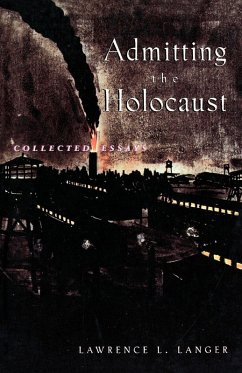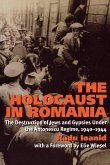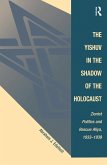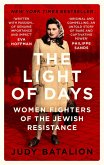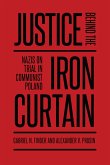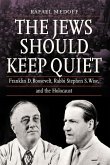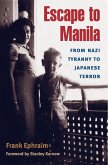He notes that when we speak of the survivor instead of the victim, of martyrdom instead of murder, regard being gassed as dying with dignity, or evoke the redemptive rather than grevious power of memory, we draw on an arsenal of words that tends to build verbal fences between what we are mentally willing-or able-to face and the harrowing reality of the camps and ghettos. A respected Holocaust scholar and author of Holocaust Testimonies: The Ruins of Memory, winner of the 1991 National Book Critics Circle Award for criticism, Langer offers a view of this catastrophe that is candid and disturbing, and yet hopeful in its belief that the testimony of witnesses-in diaries, journals, memoirs, and on videotape-and the unflinching imagination of literary artists can still offer us access to one of the darkest episodes in the twentieth century.
This series of penetrating often gripping essays covers a wide range of issues, from the Holocaust's relation to time and memory and its portrayal in literature to its use and abuse by culture and its role in rehaping our sense of history's legacy. "Indispensable. . . . Clear, persuasive, and compelling".--Detroit Free Press.
Hinweis: Dieser Artikel kann nur an eine deutsche Lieferadresse ausgeliefert werden.
This series of penetrating often gripping essays covers a wide range of issues, from the Holocaust's relation to time and memory and its portrayal in literature to its use and abuse by culture and its role in rehaping our sense of history's legacy. "Indispensable. . . . Clear, persuasive, and compelling".--Detroit Free Press.
Hinweis: Dieser Artikel kann nur an eine deutsche Lieferadresse ausgeliefert werden.

